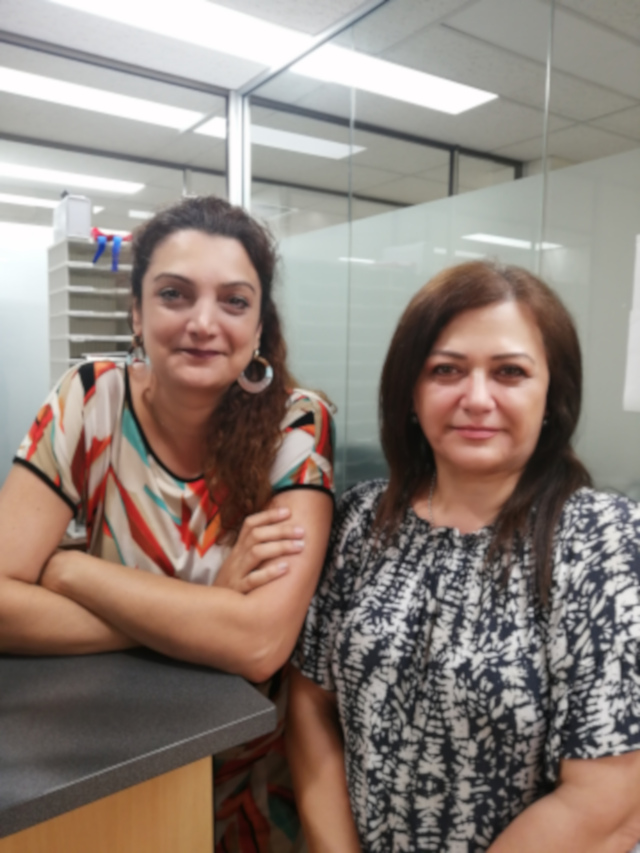By PRISCELLA MABOR
THE global UN Women’s theme for International Women’s Day (IWD) 2021 is “Women in Leadership
This theme celebrates the tremendous efforts by women and girls around the world in shaping a more equal future.
The Community Migrant Resource Centre (CMRC) has navigated many waves to arrive in this new COVID-19 world.
As an essential service CMRC remained open for business throughout COVID, supporting refugees and migrants through resettlement, arm in arm with a global pandemic.
Women were clearly identified early on, as cornerstones to the COVID journey and recovery as frontline workforce impacted were predominantly women; as key decision makers in supporting health measures to combat the pandemic, as home school parents and as micro-peak bodies within the home, when forming key health decisions related to vaccinations.
So IWD on March 8 focuses once again on where do women sit in leadership roles, inside and outside the home. Two of CMRC’s frontline staff have been reflecting on this.
Manal Abzakh arrived in Australia from Jordan in 1989 and discovered straight away that family values instilled in her the power of leadership, but that this would mean a move away from the family business.
“Back home, I was a pharmacist because there was no choice. It was our family business, and I did it as a favour to my father. But arriving here, I realized it was not my passion,” Manal said.
So, Manal enrolled at TAFE and pursued a career in the community sector. But it was her mother, who provided the ballast to her desire to pursue higher aspirations. “My mother shaped who I am. She was always a positive and responsible person. My attitude and values are from her.”
Parastoo Khosronejad remembers her tears at Tehran Airport as a 24-year-old young woman, standing with her parents waiting for the plane to take to them to Australia.
“I never wanted to come. It was my parents who wanted to come here. I was an accountant, I had a good job, I had a boyfriend and friends.”
But of course, upon arriving here, Parastoo was surprised to see the freedoms allowed here.
“My mother and I grew up where we all had to be covered but one of the first things we learnt was, we didn’t need to wear our headscarf here, and keep ourselves totally covered. This was so new for us,” she said.
Learning about career choices
Parastoo also learnt that there were career choices for women here.
“In Iran there was no choice. I had good grades, so as a female there were not many courses you could study. So that is why I went into accountancy. But I love counselling and that is what I pursued in Australia.”
Manal and Parastoo support newly arrived women from Syria, Iraq, Iran and Afghanistan as they navigate the cultural, language, social isolation and financial hurdles of resettlement in a new country.
Since their own arrival, they have seen the impacts of what happens when women do break the glass ceiling and have a seat at the table, in decision making roles.
Manal said: “I would like to access leadership within my community and professionally through my career. Now we don’t have equal opportunity for women from Arabic-speaking backgrounds. For example, there is a lack of female leaders, there are gender stereotypes and sexism still. There needs to be more women mentors. Society expectations are still based on gender roles.“
Parastoo agrees: “During COVID everywhere we went you could see women are the frontline workers in the community sector, and in the hospitals. But often these same women are not recognized as leaders.
Many of them are also mothers, and they can be called on more to educate families and societies during a pandemic. Where is more recognition for these women.”
PRISCELLA MABOR is Inclusion Strategy & Innovations Manager at the Community Migrant Resource Centre.





